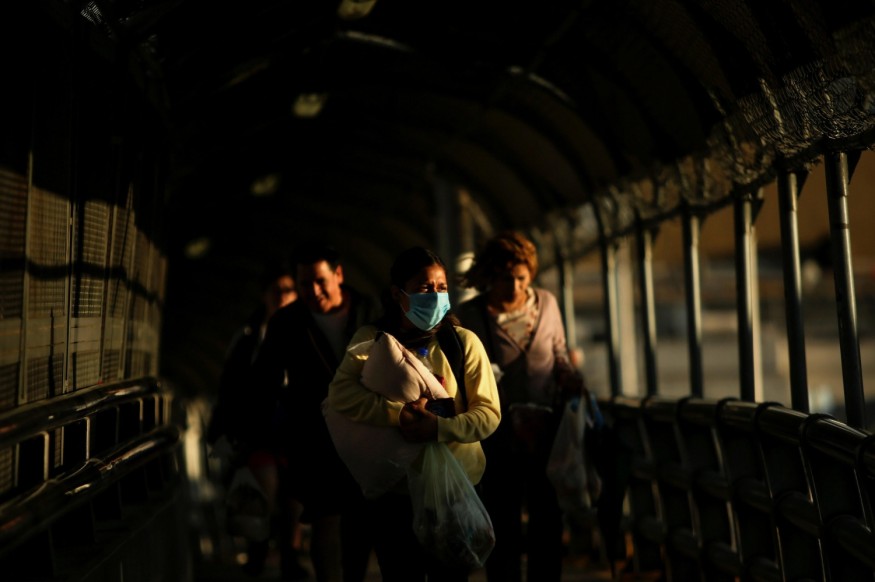Plot Twist! Mexico Wants to Close the Border

In an interesting turn of events due to the spread of coronavirus in the U.S., Mexico's Deputy Health Minister Hugo Lopez-Gatell recommends border restrictions to Americans who would like to enter the country. As of March 15, 2020, the number of confirmed cases in the U.S. with COVID-19 is 2,952 with 58 reported deaths.
According to the minister, there is a greater risk that Americans could bring the virus to Mexico. In a news conference, Gatell told the reporters "If it were technically necessary to consider mechanisms of restriction or stronger surveillance we would have to take into account not that Mexico would bring the virus to the United States, rather that the United States could bring it here."
According to a news article, Mexico now has 41 cases of confirmed coronavirus, only 1.39% that of the United States. The first case of coronavirus in Mexico has been confirmed on February 28. Thereafter, the country still continues to record low cases of COVID-19 infections compared to neighboring areas.
The data has drawn skepticism towards doctors and health practitioners. Francisco Moreno Sánchez, the head of internal medicine at ABC Hospital in Mexico City, feared that some of the COVID-19 cases might be undetected due to lack of intensified detection methods and diagnostic testing in the country. Moreno also expressed concern regarding the country's lack of border screening measures, not until the eighth case of COVID-19 was confirmed.
To contain the virus, the Mexican government considers the closing of its boundaries from Americans. President Donald Trump of the U.S., a fierce partisan on building a wall towards the South, expressed the same tone when Trump reiterated that the occurrence of coronavirus pandemic is one of the reasons to strengthen the boundaries between two countries. Trump tweeted, "because we have had a very strong border policy, we have had 40 deaths related to Coronavirus. If we had weak or open borders, that number would be many times higher!"
As of March 12, the pandemic COVID 2019 data from World Health Organization reports 125,048 confirmed cases globally (6,729 new cases) with 4,613 deaths (321 new). Worldwide, the toll of infected individuals are increasing at an alarming rate. The first report of COVID-2019 was detected in Wuhan, China when a pneumonia of unknown cause was detected on December 31, 2019. A month after, the organization declared a Public Health Emergency of International Concern and a pandemic on March 11.
Affected countries are instigating different strict identification measures through closing of establishments prone to mass gatherings, quarantines in airports, restrictions among travelers, and self-quarantines, lockdowns, etc. The public has been warned against signs of infections such as fever, cough, shortness of breath, or any breathing difficulties.
Older adults who have underlying conditions are advised to seek medical help immediately. To prevent contracting the disease when going outside, standard precautions must be observed. Standard precautions involve the practice of regular hand washing, covering the mouth and nose when sneezing, and avoiding contact with people showing signs and symptoms of COVID-2019.
Subscribe to Latin Post!
Sign up for our free newsletter for the Latest coverage!

















